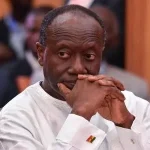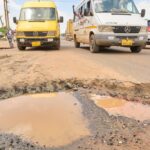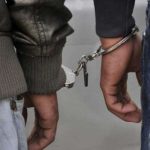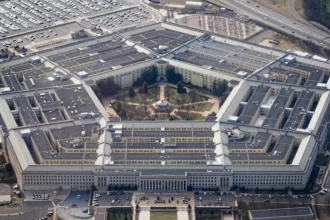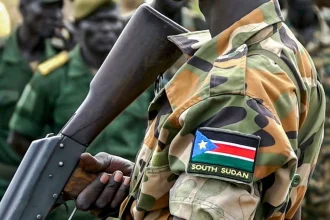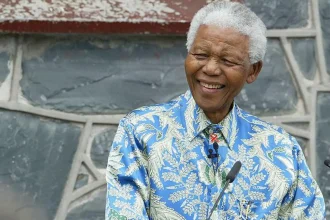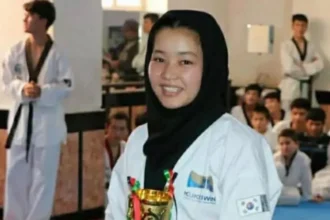Zimbabwe’s former leader Robert Mugabe stepped down on November 21, 2017, bringing an end to nearly four decades of iron-fisted rule.
His resignation came days after military tanks rolled through the capital Harare. The coup was greeted with euphoria, tens of thousands pouring into the streets to celebrate.
But today, three years after his successor Emmerson Mnangagwa took over, the high hopes for change have dissipated into disaffection.
What has changed after Mugabe?
“Nothing has changed. Things have only got worse,” said Ibbo Mandaza, head of the Harare-based Southern African Political and Economic Series.
“Look at the levels of poverty. Look at the repression. Things are much worse.”
Is the economy any better?
On assuming power, Mnangagwa pledged to fix the country’s moribund economy which had taken a battering under Mugabe’s watch.
But the economic woes – including the foreign currency crunch which plagued Mugabe’s rule – remain, the promise of new jobs still a pipe dream for many.
While some goods which were once either scarce or inaccessible are now readily available, most of the population cannot afford basic necessities.
The UN World Food Programme, which has traditionally provided aid to the poor in rural areas, has expanded its reach to urban dwellers.
The World Bank predicts the economy will contract by 10 percent this year, while the government says it will shrink 4.5 percent due to macro-economic and Covid-19 shocks.
Mnangagwa has blamed the economic struggles on unnamed enemies.
“This battle is being fuelled by our political detractors, elite opportunists and malcontents who are bent on pushing a nefarious agenda,” he has claimed.
The ruling Zanu-PF party claimed Friday that at least 500,000 formal jobs had been created under Mnangagwa.
What about human rights?
Mnangagwa’s government has targeted opposition figures, rights activists and lawyers in what is seen as a tactic to strike fear into a restive population.
Human rights monitoring group Zimbabwe Peace Project said that since November 2017 it has documented 7,962 cases of abuse, including abductions of around 100 activists and opposition figures by suspected state agents or pro-government supporters.
Rights abuses “are worse and more gruesome,” prominent human rights activist Jestina Mukoko said.
In 2018, six people were gunned down when soldiers deployed to quell protests over delayed election results.
Five months later 17 others were killed after the military was sent out to quell demonstrations over a fuel price hike.
Award-winning journalist Hopewell Chin’ono has been detained twice this year — once for endorsing anti-corruption protests and more recently for tweeting about plans to grant bail to a politically-connected miners chief arrested trying to smuggle gold.
Is anything new politically?
University of Zimbabwe political scientist Eldred Masunungure said the present picture “points to a comprehensively volatile situation”.
“Nothing points to stability but I don’t want to overstate this because we have reached this crossroads many times before and the country has not collapsed. The default position in the country is one of instability. It appears like the new normal.
“It’s an exceptional case where the regime survives despite the volatility, where citizens don’t rise up despite the simmering anger. The regime staggers but does not fall. That’s the mystery of our situation.”
What are ordinary people saying?
On the streets of Harare, resident Timothy Bhaureni said “things cannot continue this way”.
“These people should just admit they have failed.”
“Little did we know that we were swimming into a pool infested with crocodiles,” Itai Tione Wasu tweeted.
“Mugabe had to go but I regret allowing myself to endorse the coup.”









